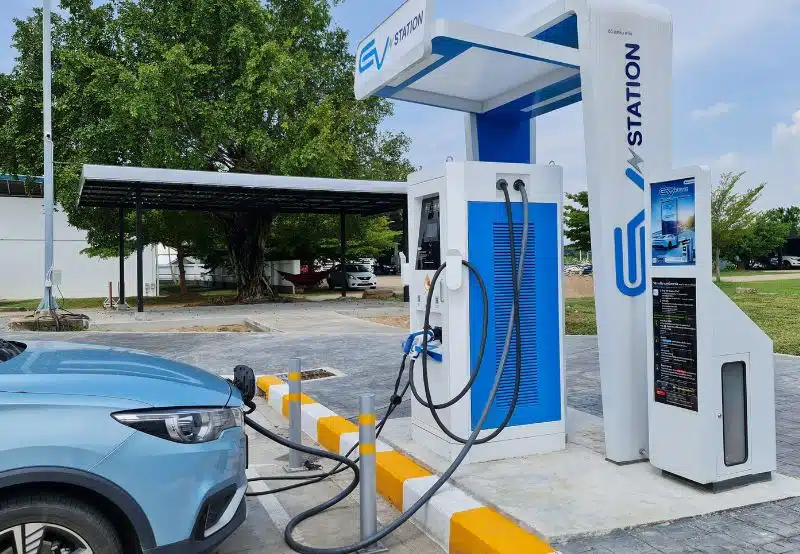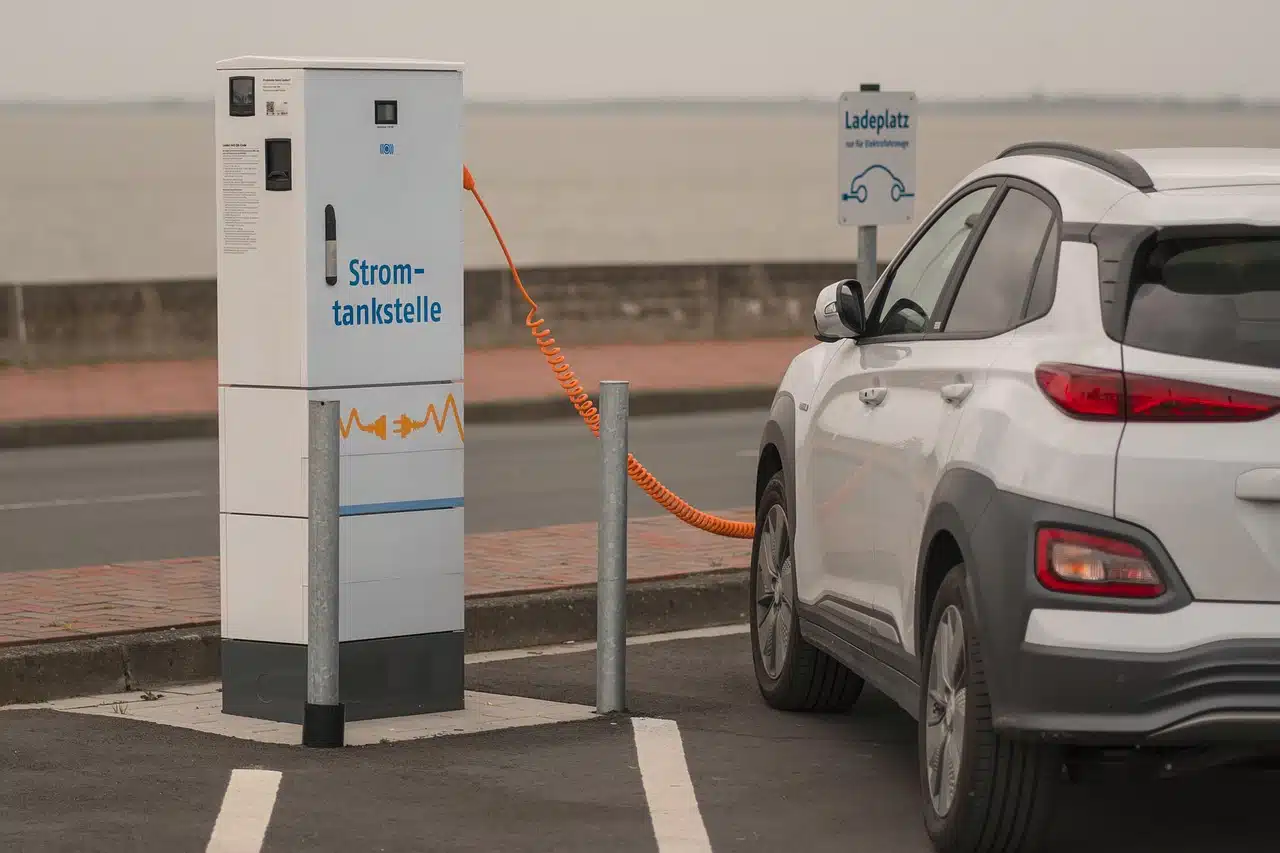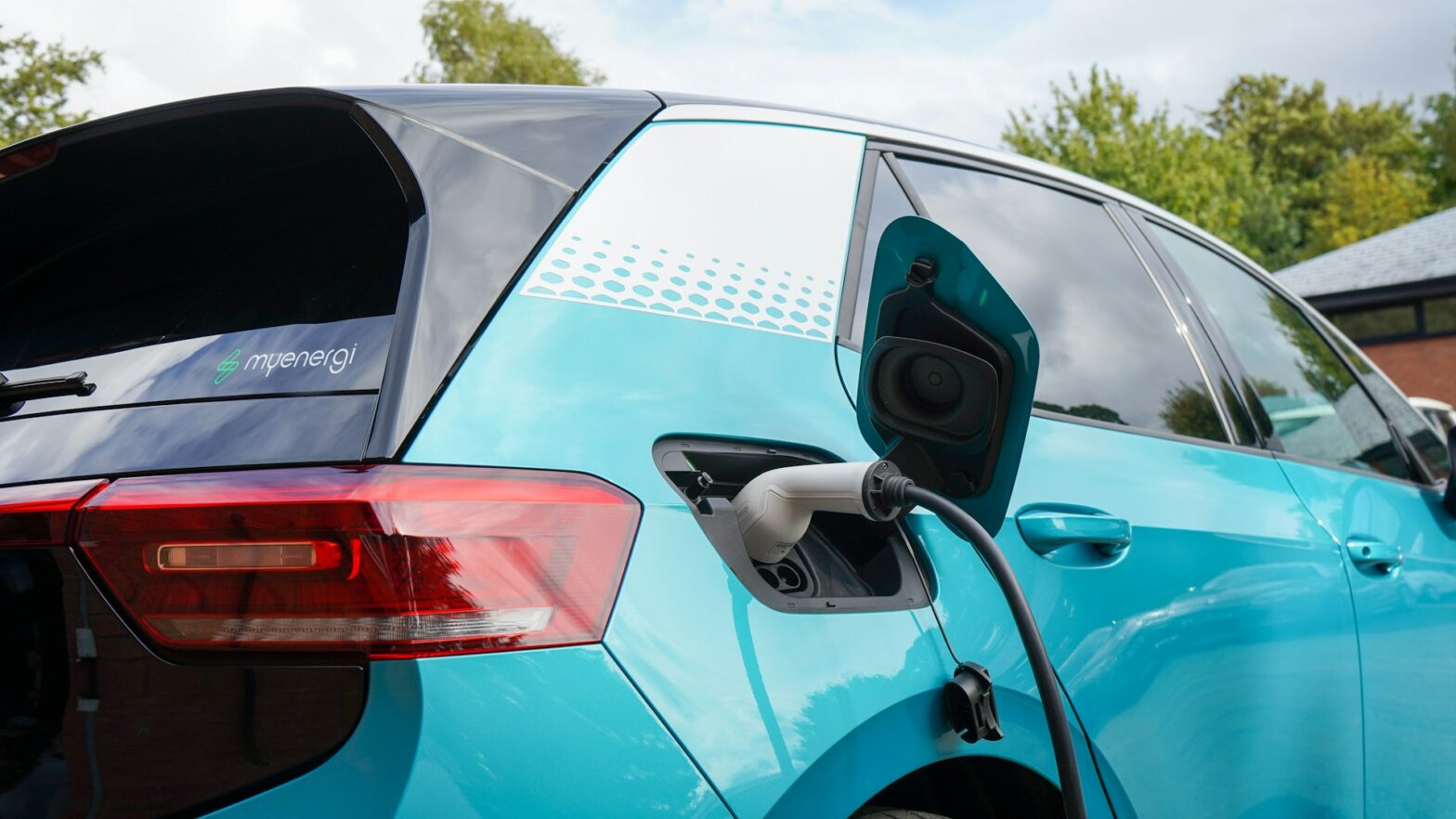Nigeria’s major economy city, Lagos State, has expanded its electric mobility drive with the addition of more than 100 new electric vehicles (EVs) to its ride-hailing fleet to boost ease of urban commuting.
The move brings the state closer to its target of deploying 3,000 EVs across its roads.
The announcement was made on Wednesday by Jubril A. Gawat, spokesperson to Governor Babajide Sanwo-Olu, through his official X (formerly Twitter) handle.
He confirmed that the vehicles were delivered to Lagride, the state-backed e-hailing platform spearheading the EV rollout.
According to Gawat, the state government launched the fleet last week, along with charging ports installed across the state’s corridor.
“These new EVs can travel from Lagos to Ibadan on a full charge. Charging ports have already been installed in key locations across Lagos,” he added.
Push for sustainable transport
The initiative represents another step in Lagos’ plan to cut down on fossil fuel reliance, reduce emissions, and expand sustainable transport options.
Lagos, Nigeria’s economic capital, battles severe traffic congestion and some of the country’s highest levels of urban air pollution.
The EV rollout is a key component of Governor Sanwo-Olu’s T.H.E.M.E.S+ Agenda.
The plan emphasizes sustainable mobility, environmental protection, and technology-driven governance.
Lagos’ plan to deploy 3,000 EVs reflects a broader global shift toward cleaner transport, especially in high-demand urban centres.
The deployment also highlights the role of public-private partnerships in Nigeria’s transport sector.
Lagride is working with both local and international stakeholders to expand the state’s EV charging infrastructure.
Why EVs matter
In a recent report, Energy in Africa explored how Nigeria’s transport sector can tackle rising fuel costs and environmental concerns through the adoption of electric vehicles (EVs).
EVs provide a cleaner, more sustainable option with lower emissions, reduced operating costs, and improved public health outcomes.
Cities like Lagos have already begun deploying electric buses, proving the model’s feasibility.
Beyond environmental gains, transitioning to EVs can cut maintenance and fuel costs while delivering cleaner air and healthier communities.
Lower maintenance and fuel costs make them an attractive alternative for both government and private operators.
What lies ahead
With rising fuel costs and heightened environmental concerns, the shift to electric vehicles could deliver long-term economic benefits for operators and commuters.
It also strengthens Nigeria’s commitment to global climate action.
At the same time, it addresses one of Lagos’ biggest challenges which is sustainable urban mobility.








